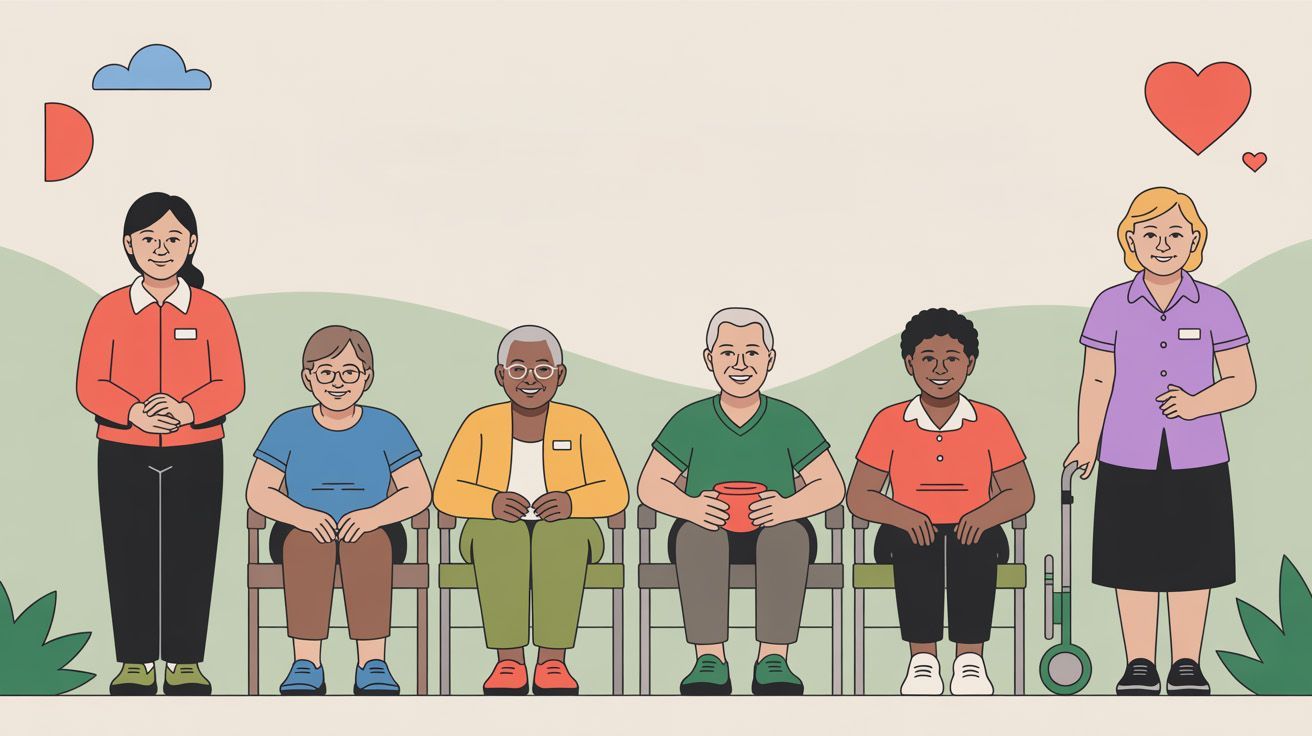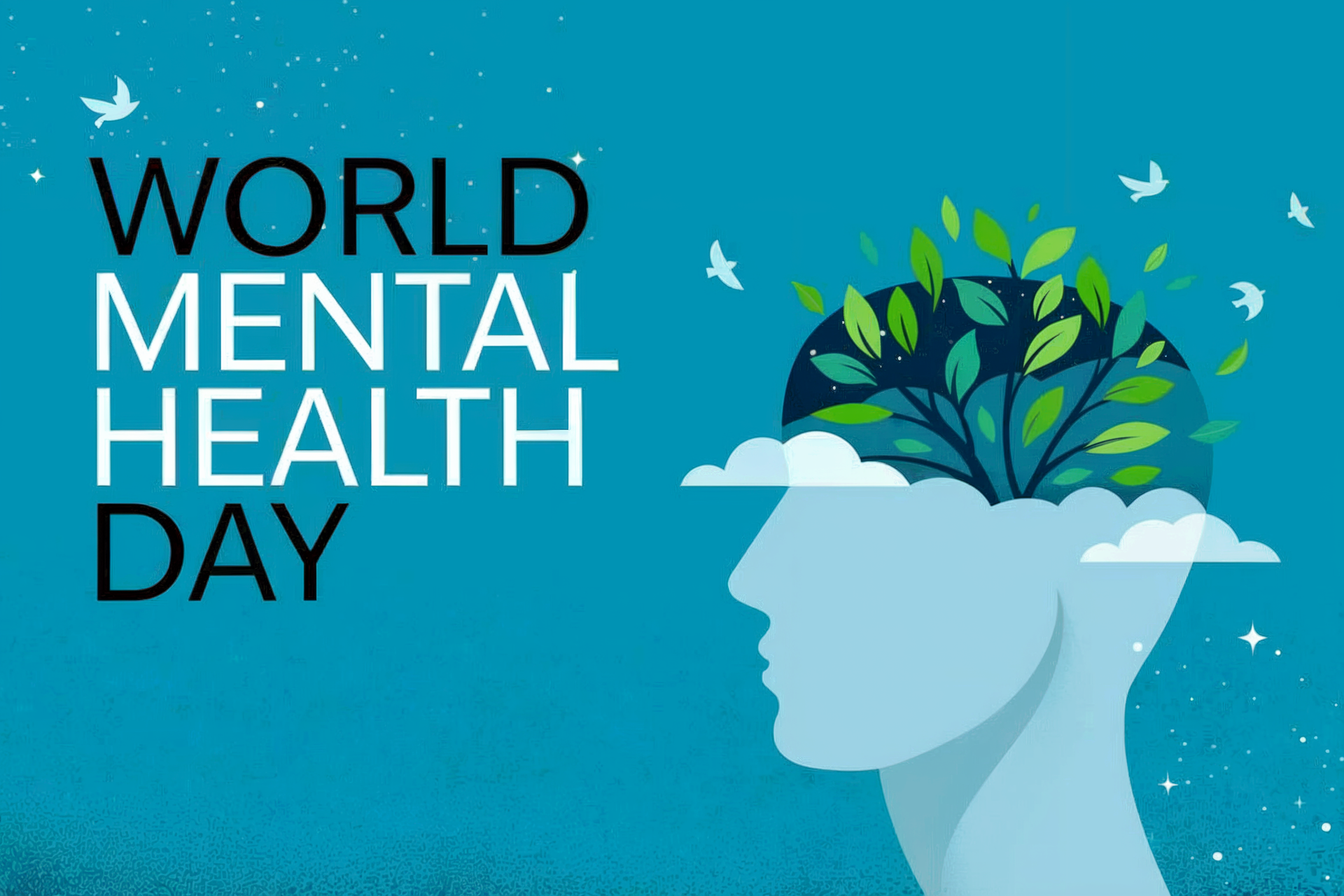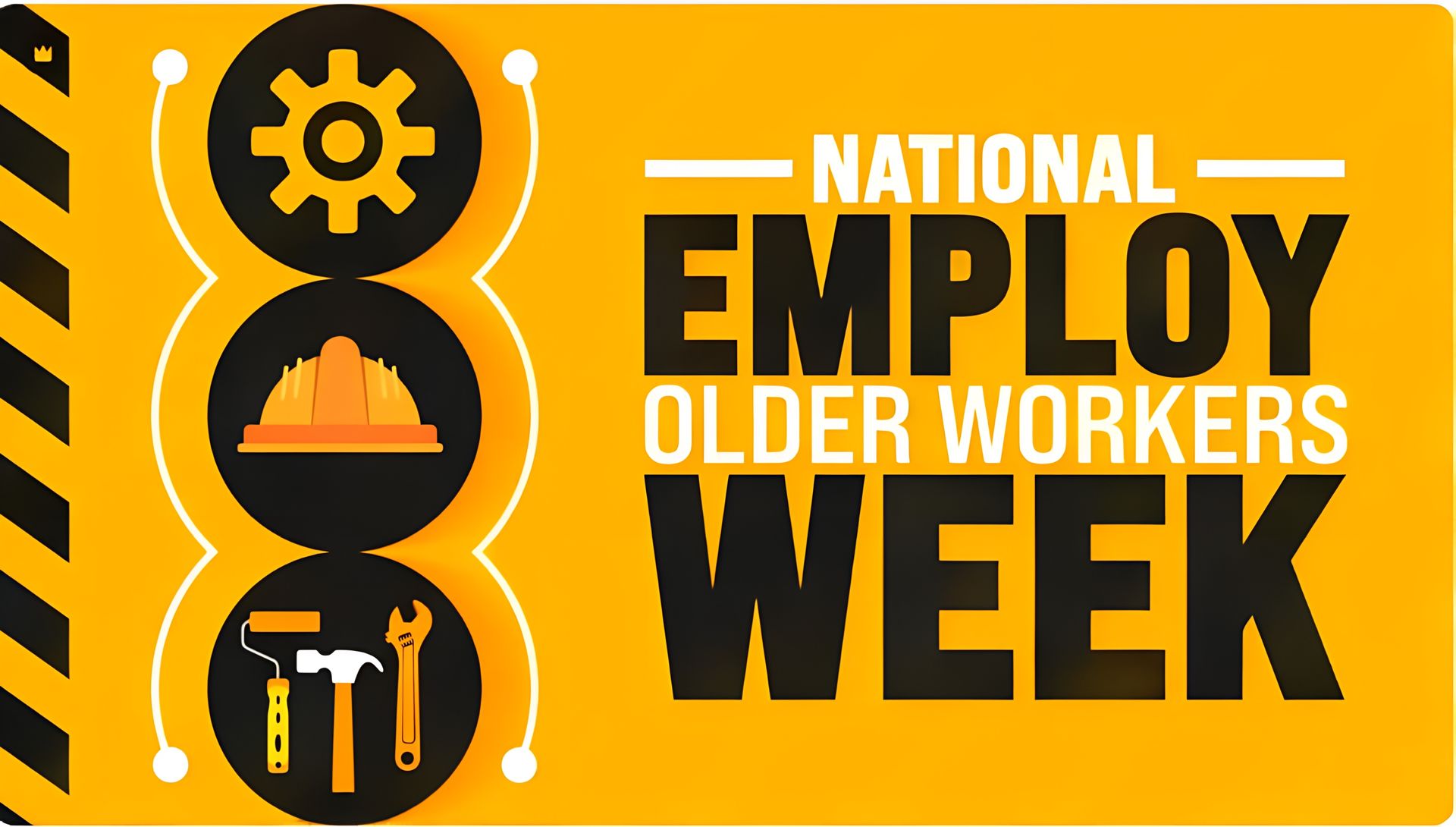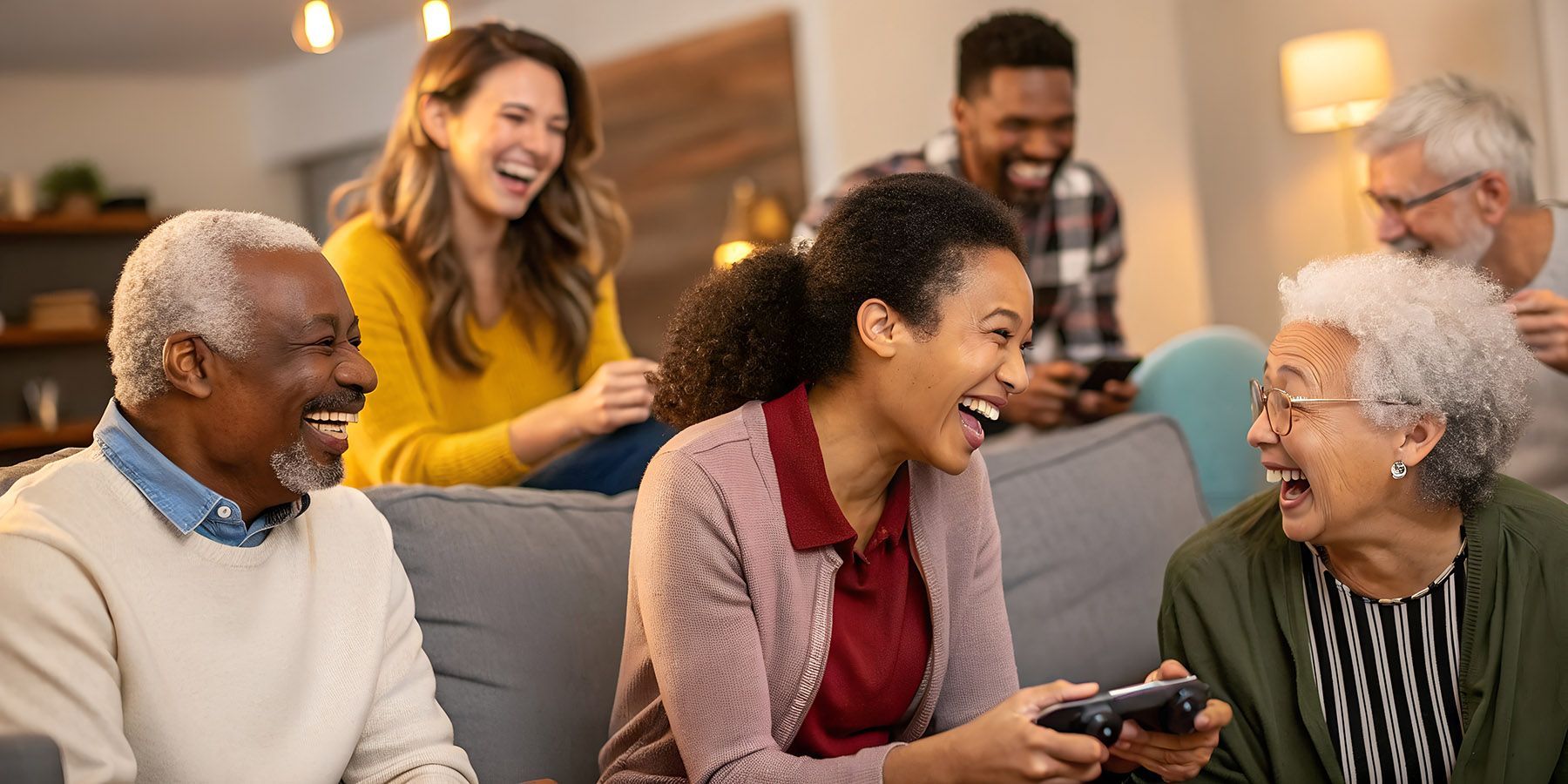What is a COVID vaccine trial? What do I need to know about it?
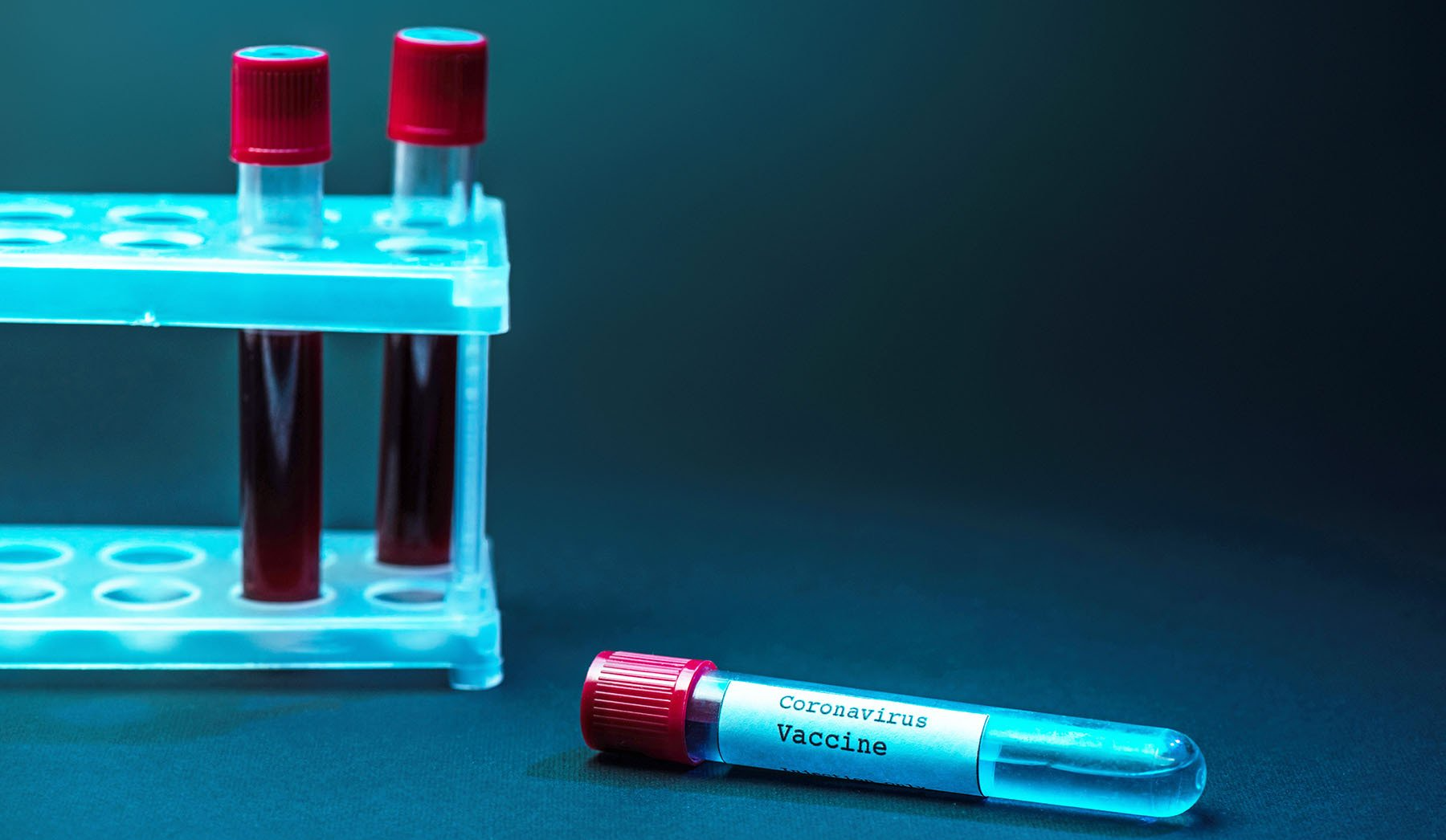
Across the nation, the COVID-19 pandemic is devastating communities of color. The disproportionate impact among African Americans, Latinx and American Indian/Alaska Natives (AI/NA) is driven by the long-standing burden of health disparities, coupled with social determinants of health that place many at increased risk and often without health care.
Today, it is hard to pick up a newspaper or turn on the TV without hearing about the global effort to find a safe and effective vaccine to stop the pandemic. Although there is significant skepticism and reluctance about taking a future vaccine being reported every day, many Black, Latinx and Native American communities are particularly concerned and hesitant about getting a COVID vaccine. I hear friends, neighbors and family saying things like “I won’t be first in line for that”, “I don’t want to be anyone’s guinea pig”, or “It was so rushed. How can I be sure it will be safe and effective?” With the history of past research abuses, existing racism in our health care settings, and limited trust in government, there are real reasons that communities of color may be less likely to take a COVID-19 vaccine.
Yet why will taking the future COVID vaccine be so important for Black, Latinx and Native Americans? First, many are at high risk because their jobs require them to be on the front line…whether at the hospital or the grocery store. Secondly, the burden of Type II diabetes, heart disease, asthma, obesity and other conditions in our communities makes people at high risk for severe disease if they become infected. Finally, many may also be caring for loved ones who are at higher risk.
trials with humans, their elaborate plan, called protocols, go through internal reviews and then must be approved by scientists with years of experience at the Food and Drug Administration. Once a trial is approved, every trial has an independent group, called a Data Safety and Monitoring Board (DSMB), in the case of COVID-19, convened by the National Institute of Allergy and Infectious Diseases, part of NIH. These groups are all external scientists with relevant expertise that monitor the research, looking both for potential safety concerns and data that indicates effectiveness. There are different phases, pictured in this graphic from the Centers for Disease Control and Prevention. Right now, thousands of people across the world are participating in phase 3 trials. If the independent DSMB for any of these trials does its evaluation of data, and finds that the vaccine has reached a target for effectiveness, and if the side effects or reactions to the vaccine are mild to moderate, then that board can recommend that the vaccine be moved forward for potential approval. Even at that point, there is an independent Vaccines and Related Biological Products Advisory Committee that considers all of the data and requirements for approval, and makes its recommendation to the Center for Biologics Evaluation and Research for the final evaluation for any approval.
What does all of this mean to you? Being concerned, having questions, and honestly, wondering if you can trust a COVID-vaccine, is understandable. Yet, this disease is dangerous and too many are dying. If and when there are one or more vaccines approved, look for credible information—from your doctor, from your local health department, and yes, from places like the CDC and FDA. Ask your questions, for sure, and remember that taking the vaccine may help save your own and your loved ones’ lives
Sandra C.Quinn, PhD
Professor & Chair, School of Public Health,
University of Maryland, College Park
Must Read Newsletter
Sign up for news and events
Newsletter
Most Popular


